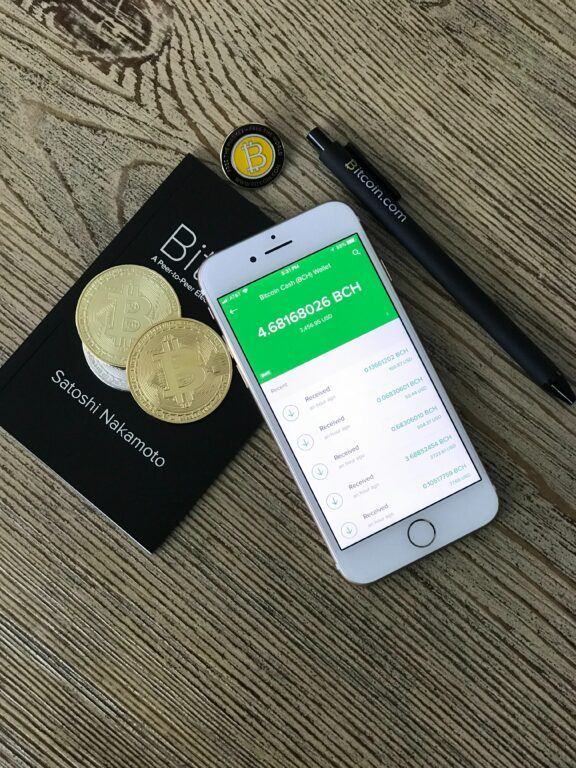The Bitcoin Cash (BCH) blockchain is according to some being controlled by a single entity mining most of the blocks being produced on it, and causing considerable variations in the number of found blocks.
The Bitcoin Cash chain was created as a fork of Bitcoin (BTC) in August of 2017 at the height of the scaling debate. To ensure a block was mined once every 10 minutes, its developers added difficulty adjustments. This was necessary as BTC’s hashrate was already considerable and miners could’ve easily used part of their hashrate to manipulate BCH at the time.
This means that while both cryptocurrencies use the same algorithm, BTC’s difficulty is adjusted every two weeks while BCH’s difficulty is adjusted per block. One unknown entity is now reportedly gaming the difficulty adjustment for “fun and profit.”
2/ Skipping to the chase here, the address in question can be found here (Blockchair) = https://t.co/zss2TEd7u6 pic.twitter.com/dm0tB6tU8U
— hash.fail (@ZeroNoncense) October 26, 2019
Data from Coin.Dance shows unknown miners – miners who aren’t signing the blocks they mine – control over 50% of BCH’s hashrate, which according to the same source is equal to roughly 1.4% of BTC’s hashrate.
The entity in ‘control’ of the BCH hashrate is seemingly turning on its hashrate to increase the difficulty and mine as much as possible, to then turn it off/point it to another blockchain to let the difficulty adjust downwards. It then repeats the same process to keep on mining BCH.
This has resulted in over 20 blocks being mined during one hour yesterday, while the average should be close to 6.
 Source: Coin.Dance
Source: Coin.Dance
Is the Entity Attacking BCH?
If one entity does control over 50% of the hashrate on the cryptocurrency’s network it could pull a 51% attack and double-spend coins or ensure no transactions are processed on the network. Transactions appear to be being processed, which presumably means the miner isn’t an enemy of BCH or doesn’t hold over 50% of the hashrate.
Either way, abusing the difficulty adjustment could see the miner attack BCH by mining various blocks and slowing down the network, and then using the coinbase rewards to put selling pressure on the cryptocurrency.
The attack would be similar to one threatened by SharkPool, which claimed it would mine empty blocks on BCH as “only one chain can exist.” CryptoGlobe reached out to SharkPool and will update this article once we hear back.
TrustNodes has pointed out Blockstream has double the hashrate of Bitcoin Cash. Some of its employees have been known to be against BCH, which forked off the BTC blockchain to increase the blocksize from 1 MB to, now, 32 MB.
Bitcoin Cash was also embroiled in what became known as ‘hashwars’ late last year as some supported forking the network to increase blocksizes further, while others supported technological improvements. One side – now known as BCH – was supported by Bitmain and Bitcoin.com, while the other – now BSV – was supported by nChain and CoinGeek.
8/ Spoke w Amaury Sechet & other devs in the $BCH ecosystem.
They are aware of the problem.
There's nothing that they can realistically do about the situation since its out of their hands.
— hash.fail (@ZeroNoncense) October 26, 2019
Even though there are various entities that could be attacking the BCH network on purpose, it’s unclear if it really is an attack. Data from CryptoCompare shows the cryptocurrency is up nearly 8% in the last 24-hour period, which means investors aren’t shaken by the situation.
It could simply be a miner trying to take advantage of the difficulty adjustments ahead next year’s halving event, which will cut BTC and BCH’s block rewards in half.
Featured image by David Shares on Unsplash.









